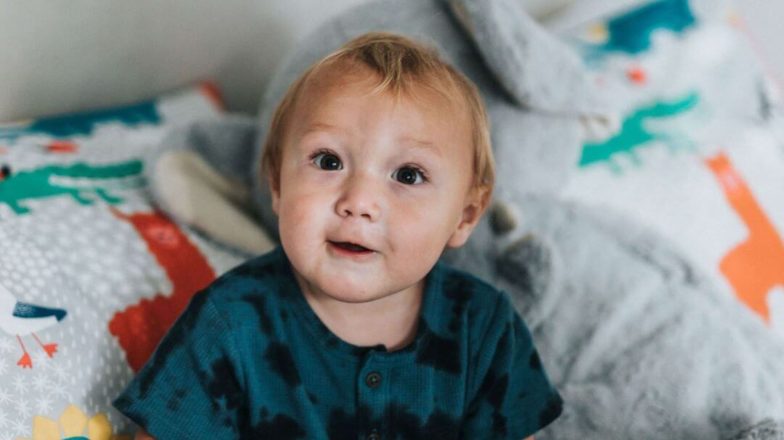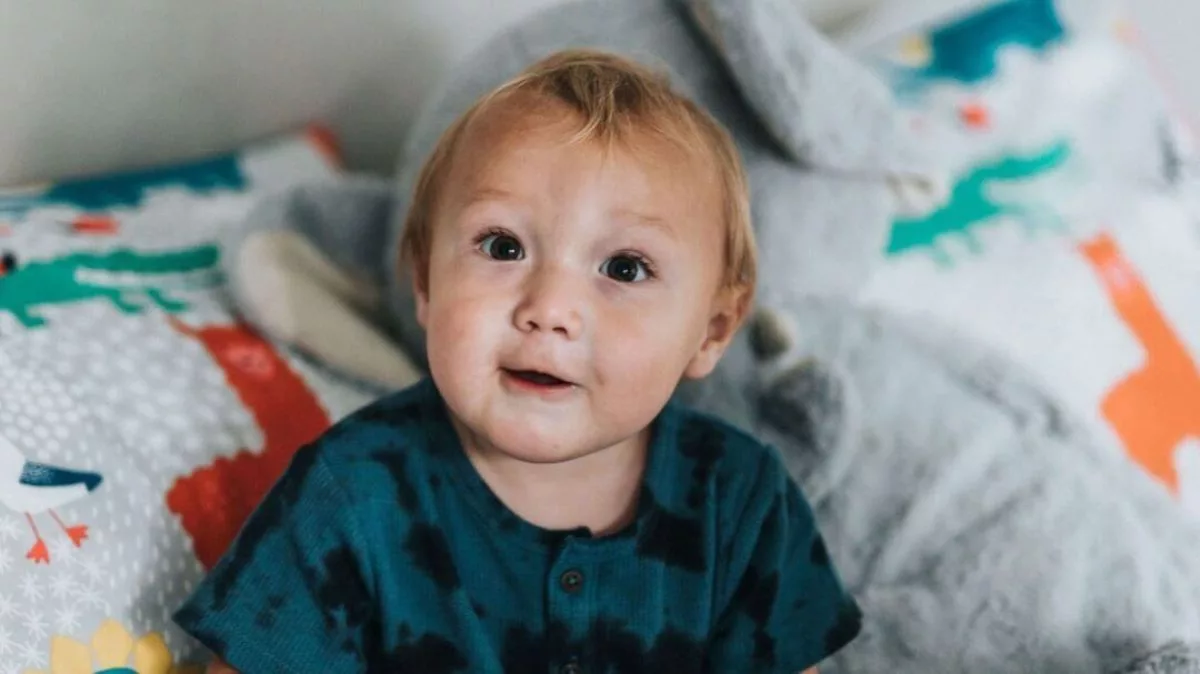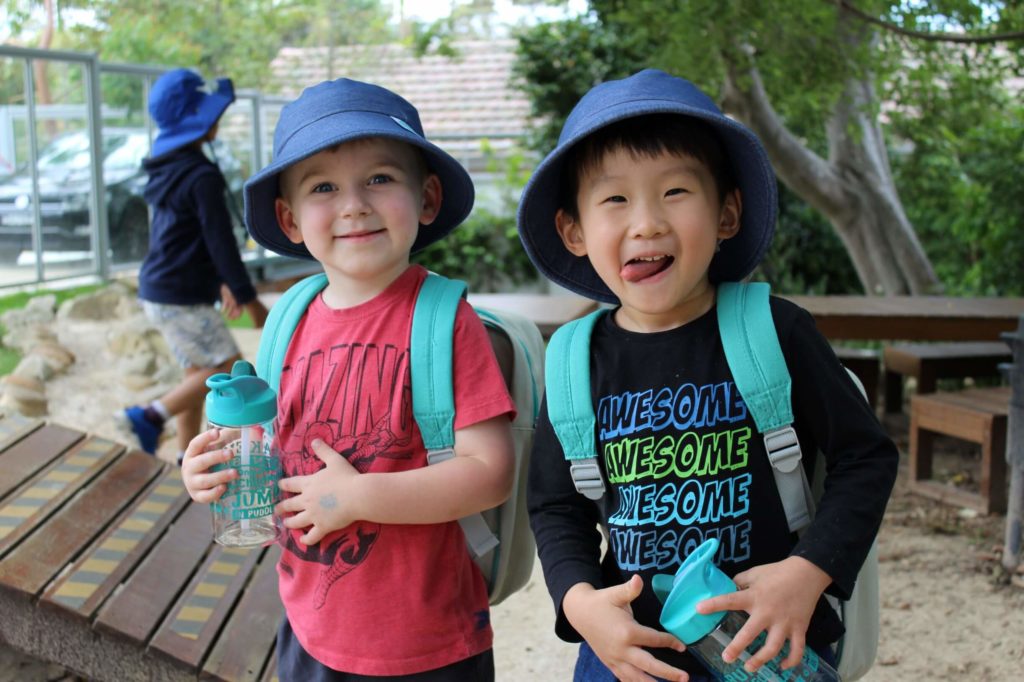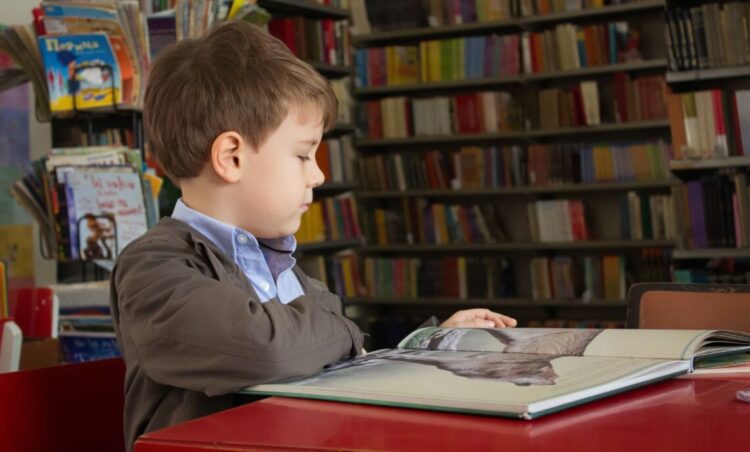The Stages of Language Development in Children


It’s important to remember that every child is different when it comes to language development. Children learn to communicate through interactions with others. Family, friends, Educators and other professionals will often have the most interaction and, therefore, more influence on a child’s language development.
Families and caregivers can encourage children’s language development through meaningful language experiences. Examples of this are music, stories, play, nursery rhymes and repetition.
Markers of Language Development
There are some identifiable markers that can help families to better understand their child’s stage of language development.
By 12 months children can usually:
- Make eye contact
- Respond to their name
- Recognise familiar people and objects
- Make babbling sounds (like they are attempting speech)
- Recognise up to around 10 words
- Copy sounds and say a few words
By 18 months children can usually:
- Follow simple instructions (like ‘throw the ball’)
- Point out familiar objects when named
- Point to some pictures in familiar books
- Say around 6 to 20 words
- Copy a large number of words and noises
- Understand up to 50 words and some short phrases
- Name a few body parts
- Use objects in pretend play
Diversity in Language
Depending on the primary language spoken in your household, your child may use words or build sentences differently if they are learning English elsewhere. Children can often learn English from being exposed to it at the campus. Wherever possible, it’s great to use the language or languages that you are most comfortable using around the house. Families often find that nursery rhymes, song, stories and repetition are useful tools to support their child’s language development.
By 2 years children can usually:
- Follow simple two-part instructions
- Respond to simple ‘what/where’ questions
- Point out familiar objects as they are named
- Point to some pictures in familiar books
- Say no when they don’t want something
- Say more than 50 words
- Begin to use ‘my’ and ‘mine’
- Put two words together (e.g. ‘no ball’)
- Use tone of voice to ask questions
- Point to several body parts in books and name a few of these body parts
- Use most vowel sounds and a number of consonants
- Understand when an object is ‘in’ or ‘on’ something
By 4 years children can usually:
- Understand most simple questions, including those about a story they have just heard
- Answer most questions about daily tasks
- Ask lots of questions
- Understand some numbers
- Use words, such as ‘and’, ‘but’ and ‘because’, to make longer sentences
- Describe recent events, such as morning routines or activities they’ve just completed
- Use personal pronouns (e.g., he/she, me/you) and negations (e.g., don’t/can’t)
- Count to five and name a few colours

At 5 years children can usually:
- Follow three-part instructions (e.g., put on your shoes, get your backpack and line up outside)
- Take part in longer conversations
- Use well-formed sentences that can be understood by most people
- Understand words relating to time (e.g., ‘before’, ‘after’, ‘now’ and ‘later’)
- Begin to recognise some letters, sounds and numbers
- Begin thinking about the meaning of words
- Understand instructions without stopping to listen
- Tell simple, short stories with a beginning, middle and end
- Use past and future verbs correctly (e.g., ‘went’, ‘will go’)
- Use most speech sounds, but still may have difficulties with ‘s’, ‘r’, ‘l’ and ‘th’
The above are markers that can help you to understand where your child is at with their language development. Your early childhood Educators are here to support you and your child in building communication. If you have any concerns or questions about your child’s language development talk to your Campus Director, who can put you in touch with our fee inclusive allied speech pathologist.
Here you can learn more about our Allied Health Program.
For more interesting reading, click through to articles on Child Developmental Milestones, Fine Motor Skills, & Busting The Myths Behind Raising Children With More Than One Language.
For more information and resources on language development in children see Speech Pathology Australia
Only About Children can help your child to grow, make friends and explore the world.
Only About Children can help your child to grow, make friends and explore the world.
Related Reads


Advice For Selecting The Best Primary School For Your Child
Starting school for the first time is a huge moment in the life of your child, but also for you and your family! Finding the school that is the right fit for your family can be the first hurdle in this process. Here are some helpful tips to ensure that you choose the school that is the right one for you and your child:

The 5 Biggest Changes Starting “Big School”
The change from a prior to school setting to a primary school setting can be daunting and take some getting used to in the early weeks and months of your child starting. Here are some of the 5 biggest changes to expect when moving to primary school
